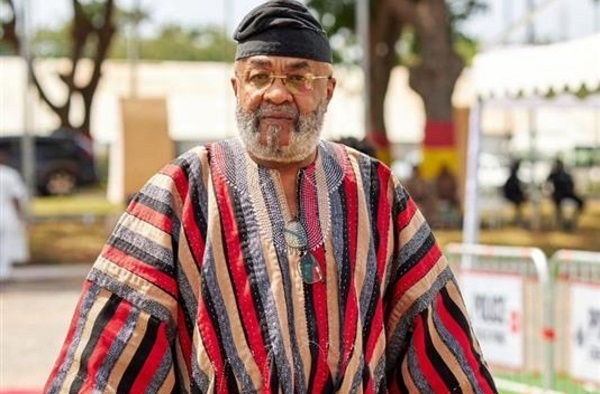When Alhaji Said Sinare talks politics, he doesn’t tiptoe. The former Ghanaian Ambassador and current NDC Zongo Caucus Chair took to Facebook to tear into the NPP for planning a protest against President Mahama over the suspension of Chief Justice Gertrude Torkornoo. And let’s just say — he didn’t come to play.
Here’s what he had to say, loud and clear:
1. Called the NPP’s protest hypocritical and politically bankrupt
Sinare dismissed the upcoming protest as a “charade.” According to him, it’s not about justice — it’s about regaining lost political relevance.
2. Accused the NPP of judicial double standards
He pointed out that the same party now crying foul is the one that stuffed the judiciary with party loyalists while in power. Their sudden concern for judicial independence? Pure convenience.
3. Dragged the NPP’s track record into the light
He reminded Ghanaians that this is the same NPP that shielded corrupt appointees, manipulated the courts, and silenced critics. “Now they feign outrage to revive their fading relevance,” he said.
4. Threw shade at Chief Justice Torkornoo
Sinare didn’t hold back on the CJ either. He questioned her impartiality, citing her rulings, administrative opacity, and what he called partisan leanings.
5. Urged Ghanaians to boycott the protest
He warned that this protest isn’t about protecting democracy — it’s about grasping for power. “This demonstration is not about justice; it’s about power, and it must be snubbed with the contempt it deserves — unless you want to burn fat!”
6. Reclaimed the Zongo voice
As Zongo Caucus Chairman, he made it clear he was speaking for the people, not just himself. He challenged citizens to rise above political stunts and focus on national unity and real issues.
Background:
The New Patriotic Party (NPP) is protesting in response to the suspension of Chief Justice Gertrude Torkornoo by President John Dramani Mahama.
The party sees the suspension as a direct attack on the independence of the judiciary. According to NPP communicators and insiders, the Chief Justice’s removal is politically motivated and aimed at weakening key state institutions that could serve as checks on executive power.
They argue that the move sets a dangerous precedent and undermines Ghana’s democratic principles — especially the separation of powers and the rule of law.

